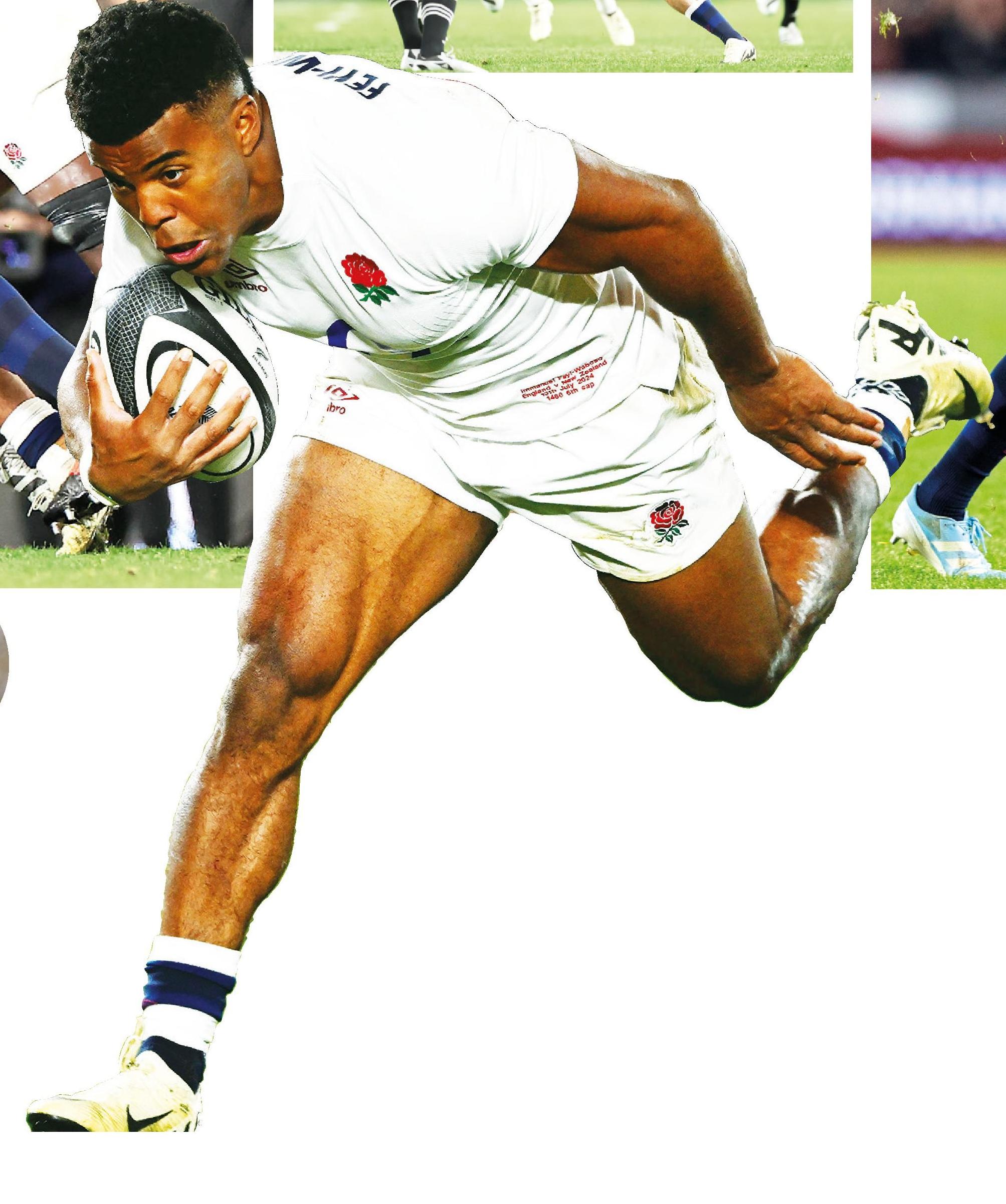Building for a brighter future

Tags: Australia, Bath, Bristol, Dan Biggar, Danny Care, England, France, Ireland, Japan, Manu Tuilagi, New Zealand, Owen Farrell, Premiership, Premium, Scotland, Six Nations, South Africa, Top 14, Toulon, Wales, Warren Gatland
PAUL REES LOOKS AT WHAT WENT RIGHTAND WHAT WENT WRONGFOR THE TOURING HOME NATIONS
After Wales had lost the second Test, and the rubber, to Australia in Melbourne last weekend, Warren Gatland predicted that a side that had lost its ninth successive international would soon come good and be one well worth avoiding in the 2027 World Cup.
Wales’s head coach, on an unfamiliar losing streak, could hardly have been expected to say anything else, and two years after the record number of 10 defeats ended in 2003, they won the Grand Slam. But when compared to the series in South Africa and New Zeal...
Continue reading...
Access all our premium content from as little as 14p per day!
Already a subscriber to our website? Login